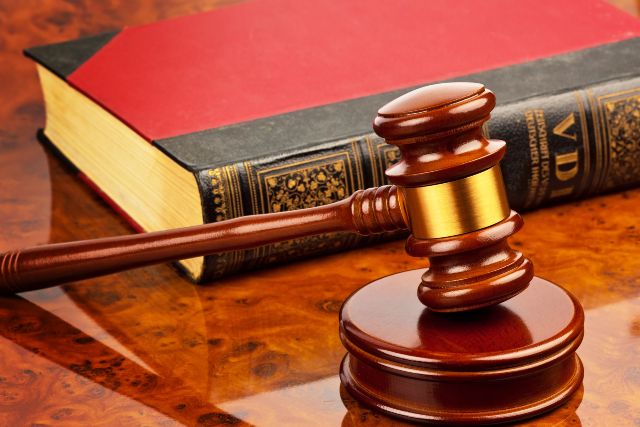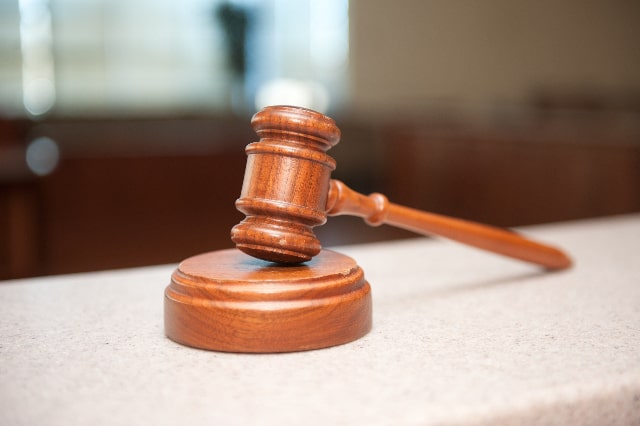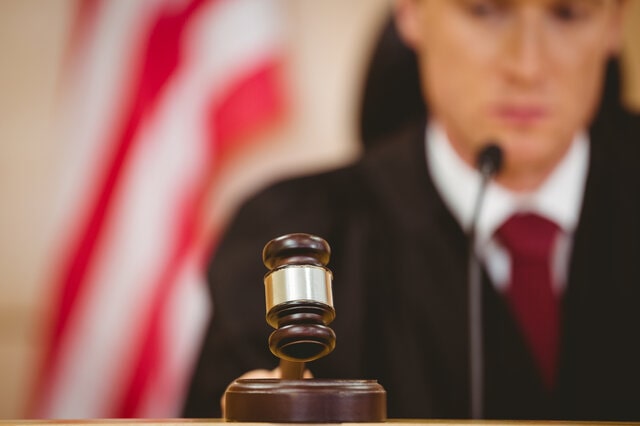- False Accusation and Motive to Lie: Some accusations stem from personal revenge, custody disputes, financial incentives, or an attempt to cover up a consensual encounter. If there is evidence that the accuser has a history of false claims or a motive to lie, this can challenge their credibility. A thorough investigation into their past statements and actions can strengthen the defense.
- Alibi Defense: If you were not present at the time of the alleged incident, an alibi can serve as a powerful defense. Evidence such as surveillance footage, GPS or cell phone data, and witness testimony confirming your whereabouts can directly contradict the accusation and lead to a dismissal.
- Inconsistencies in the Accuser’s Story: A shifting or contradictory account from the accuser can indicate fabrication. Discrepancies in statements given to law enforcement, court testimony, or social media posts can cast doubt on credibility. We will examine reports and prior statements to identify inconsistencies that weaken the case.
- Forensic and Medical Evidence: Scientific evidence can disprove false accusations, including:
- DNA evidence that contradicts the accuser’s claims or indicates consensual contact
- Lack of expected physical injuries in a non-consensual encounter
- Medical records that do not support the accuser’s allegations
Forensic experts and medical professionals can provide testimony to challenge the prosecution’s case and present alternative explanations.
- Violation of Constitutional Rights: Any illegally obtained evidence can be challenged if law enforcement violated your rights. Common constitutional violations include:
- Unlawful searches and seizures
- Coerced confessions
- Arrests made without probable cause
Our team can file a motion to suppress unlawfully obtained evidence, potentially weakening or dismissing the case.
False rape accusations can have life-altering consequences, but a strong defense can expose the truth and prevent a wrongful conviction. Contact us today for a confidential consultation.







